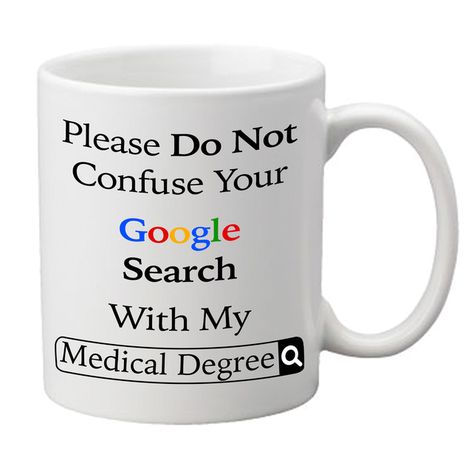Parenting is an amazing experience.
Before you have your own children, it’s hard to imagine just how much joy children will bring to your life.
I use to listen to parents carry on about their kids, and think “really, it can’t be that great”. I was wrong.
But for all the fun and joy they bring with them, there is a myriad of decisions to be made.
From the day they are born it’s:
- Breastfeed or bottle feed?
- Formula or breast milk?
- Disposable nappies?
- Are they developing normally?
- When should they sleep through?
- When should they walk/talk/ run/ toilet train?
- What kind of childcare?
- Immunise or not?
- Will childcare harm my child?
- What kind of school?
- And the list goes on.
Nowadays, parents have unprecedented access to information.
A lot of the information is really high quality, and even more is not. One of our first experiences of parenting was the assistance provided by nurses in the maternity ward. Each shift a new nurse would come to my wife and show her how to hold the baby to breastfeed.
Each would tell us that her way was right, and the previous nurse had got it a bit wrong. Each nurse was utterly convinced that she knew best. Similar experiences have played out throughout the years of child-rearing. When we talk to our friends and our clients we hear the same story, over and over again.
And then there’s Google. Where would we be without it? We can access the latest research, information from specialist organisations, and blogs from parents and well-meaning professionals.
So how on earth do you make sense of all this information? How do you know what’s best for you?
Here are 6 tips to help you make the right decision for you.
- Don’t panic! There are no situations in life that benefit from panic. In fact, in most circumstances, you can take your time to think about what’s going to work best for you and your family.
- Do your research. Whatever the topic there’s probably information about it on the internet. But ask around too. Speak to friends, your parents, teachers, and health professionals.
- Weigh up the evidence. Think about who the information is coming from. Information from a personal blog is not necessarily going to as reliable as information from industry experts, or specialist organisations.
- Try things out: there are many things that can be tested and stopped if they don’t work out well. Using childcare as an example, you might try sending your child to childcare a few days a week for a few months, and see how it works for you and your child. Child care is one of those things where there is evidence for and against, but lots of factors unique to each situation that determine whether it will be a good or bad thing.
- Get help before you need help. Don’t wait for a situation to become terrible before you intervene. Seeking appropriate professional help when a problem is small will always lead to better outcomes.
- Remember, in many cases, the right decision is the one that works best for you and your family in your circumstances. When it comes to most things, there is not always a clear right or wrong decision. If you are happy, and your children are happy then you’re probably into a good thing.
And one last thing. Most professionals hate being told what you’ve learned from Google.
The thing is Google is a really useful tool, and you have lots of time on your hands to think about what information you need and read articles etc.
When it comes to doctors you probably on have 15 minutes with them, and they don’t know your circumstances as well as you do.
So try this. Rather than saying “My Google search said xyz” (which is effectively asking the professional to confirm and opinion), try saying “what do you think about xyz?”, or “could it be xyz?”
By taking that approach you are drawing their attention to something you think might be important, but you are also getting the benefit of all of their study and years of professional experience in deciding whether “xyz” is important in your case.
Written by:
Dr Simon Kinsella









